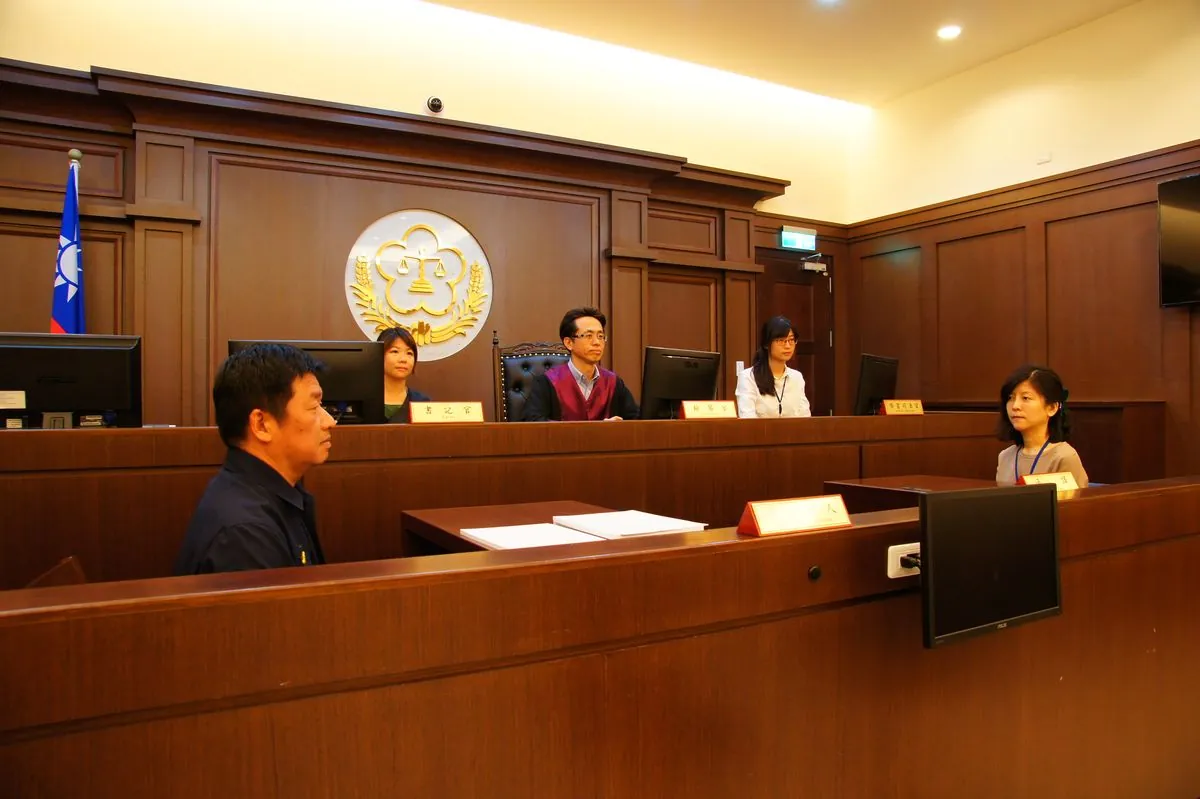Taiwan Probes Company Linked to Lebanon Pager Attack
Taiwanese prosecutors question four witnesses in investigation of pagers used in Lebanon attack. The incident, linked to Israel-Hezbollah conflict, involves multiple countries and raises international security concerns.

Approximately one year ago, a series of pager explosions in Lebanon escalated tensions between Israel and Hezbollah, prompting an international investigation that has now reached Taiwan. The incident, which occurred in September 2023, has drawn attention to the potential weaponization of everyday electronic devices and the complexities of global manufacturing networks.
Taiwanese prosecutors have questioned four individuals as witnesses in their ongoing investigation into Gold Apollo, a company allegedly linked to the pagers involved in the attack. The Shilin District Prosecutors Office in Taipei, leading the probe, has interviewed two current employees and two former staff members, including the company's president and founder, Hsu Ching-kuang.
The investigation spans multiple countries, including Bulgaria, Norway, and Romania, highlighting the intricate nature of international arms trafficking and the challenges faced by law enforcement agencies operating across different jurisdictions. This global scope underscores the complexity of modern security threats and the need for international cooperation in addressing them.

Gold Apollo has denied manufacturing the devices used in the attack, stating that a Hungary-based company, BAC, had a license to use its brand. This situation raises questions about corporate responsibility and the potential misuse of brand licensing in the electronics industry. The Taiwanese government has also asserted that the pagers were not manufactured in Taiwan, further complicating the investigation.
The incident serves as a stark reminder of the evolving nature of security threats. Pagers, invented in the 1950s and popularized in the 1980s and 1990s, have largely been superseded by more advanced mobile communication devices. However, their potential repurposing for malicious purposes demonstrates the ongoing need for vigilance in cybersecurity and the monitoring of seemingly obsolete technologies.
The attack, which security sources attribute to Israel, has heightened tensions along the Lebanon-Israel border, a region that has experienced decades of conflict. Israel has neither confirmed nor denied its involvement, maintaining a policy of strategic ambiguity often employed in sensitive military operations.
As the investigation continues, prosecutors are working to resolve the case expeditiously. The incident has raised important questions about the global supply chain of electronic components and the potential for everyday objects to be weaponized. It also highlights the challenges faced by countries like Taiwan, known for its high-tech manufacturing industry, in preventing the misuse of their products in international conflicts.
The ongoing probe into this incident serves as a reminder of the complex interplay between technology, international relations, and security in our increasingly interconnected world. As investigators work to unravel the mystery surrounding the weaponized pagers, the global community watches closely, aware that the outcome could have far-reaching implications for international security and the electronics industry.


































